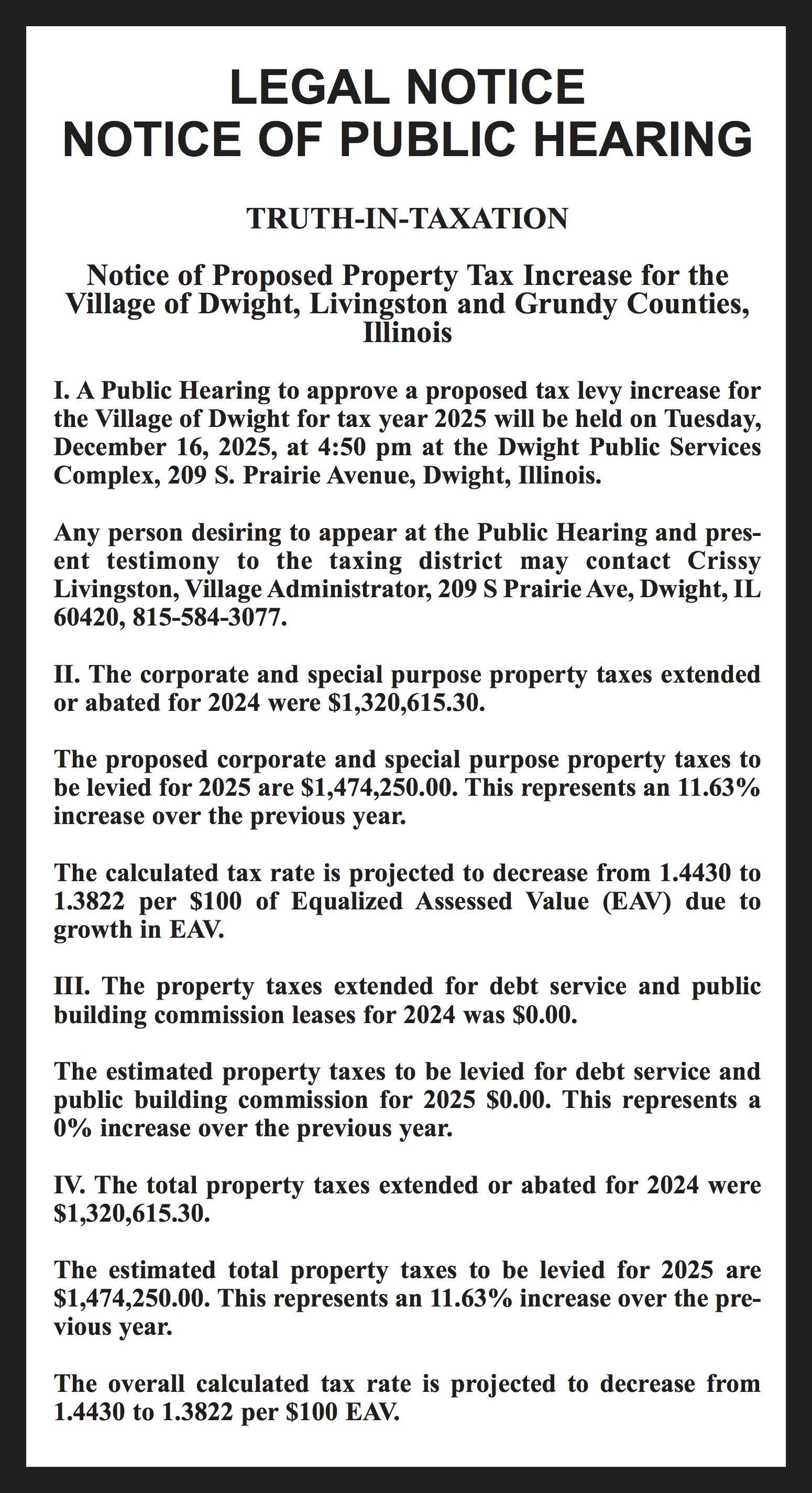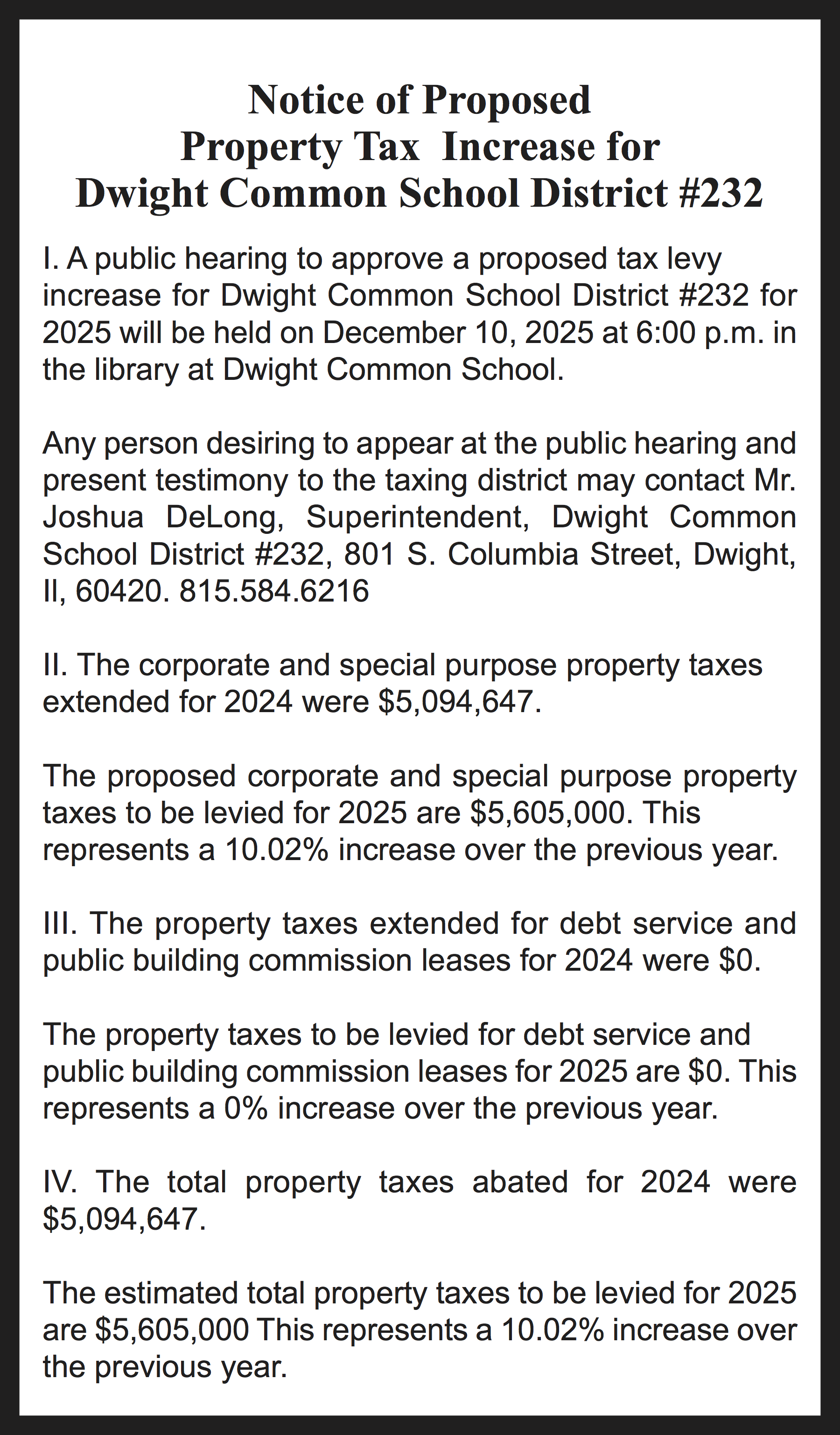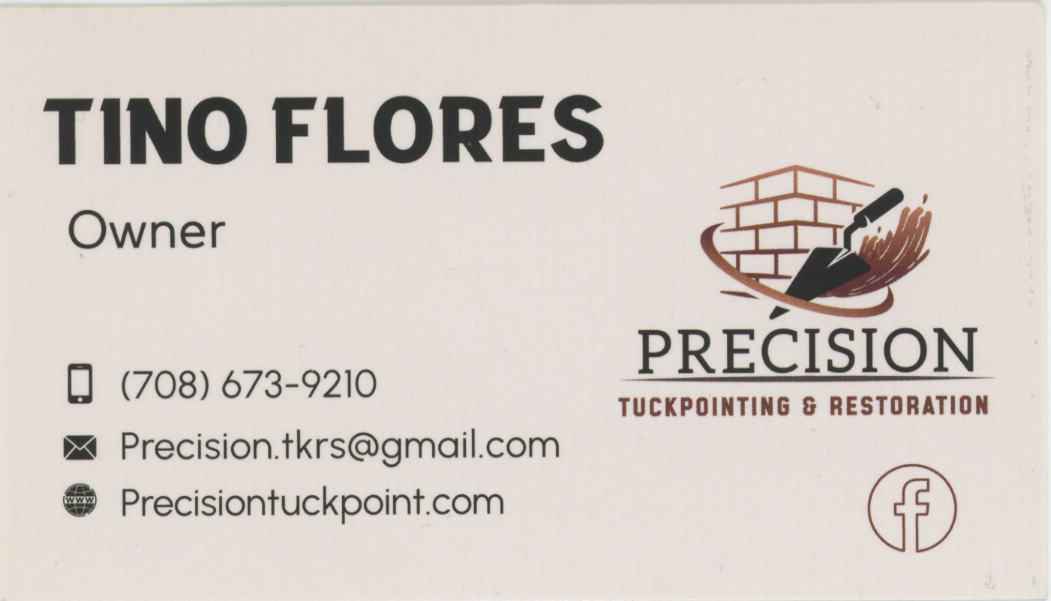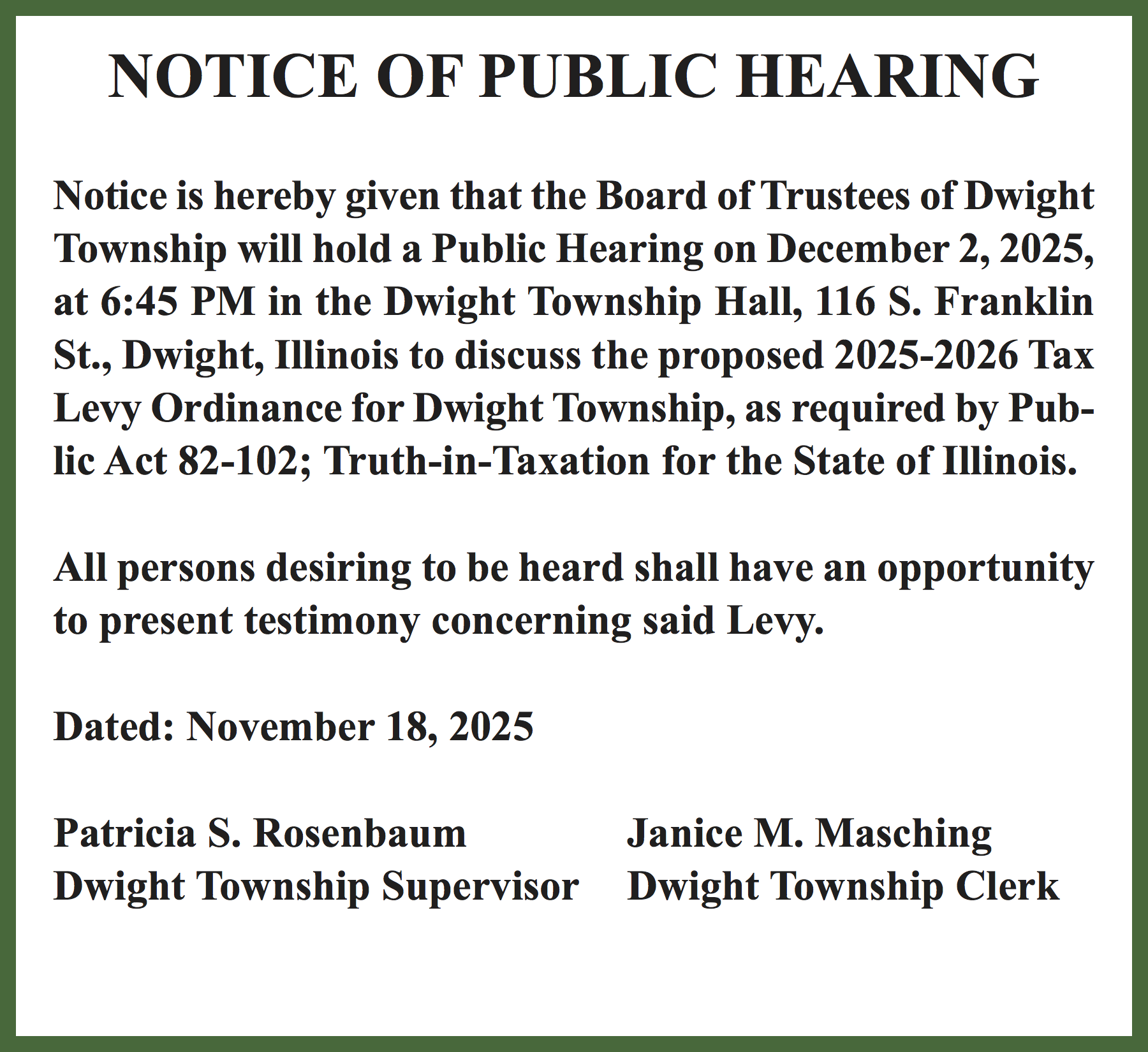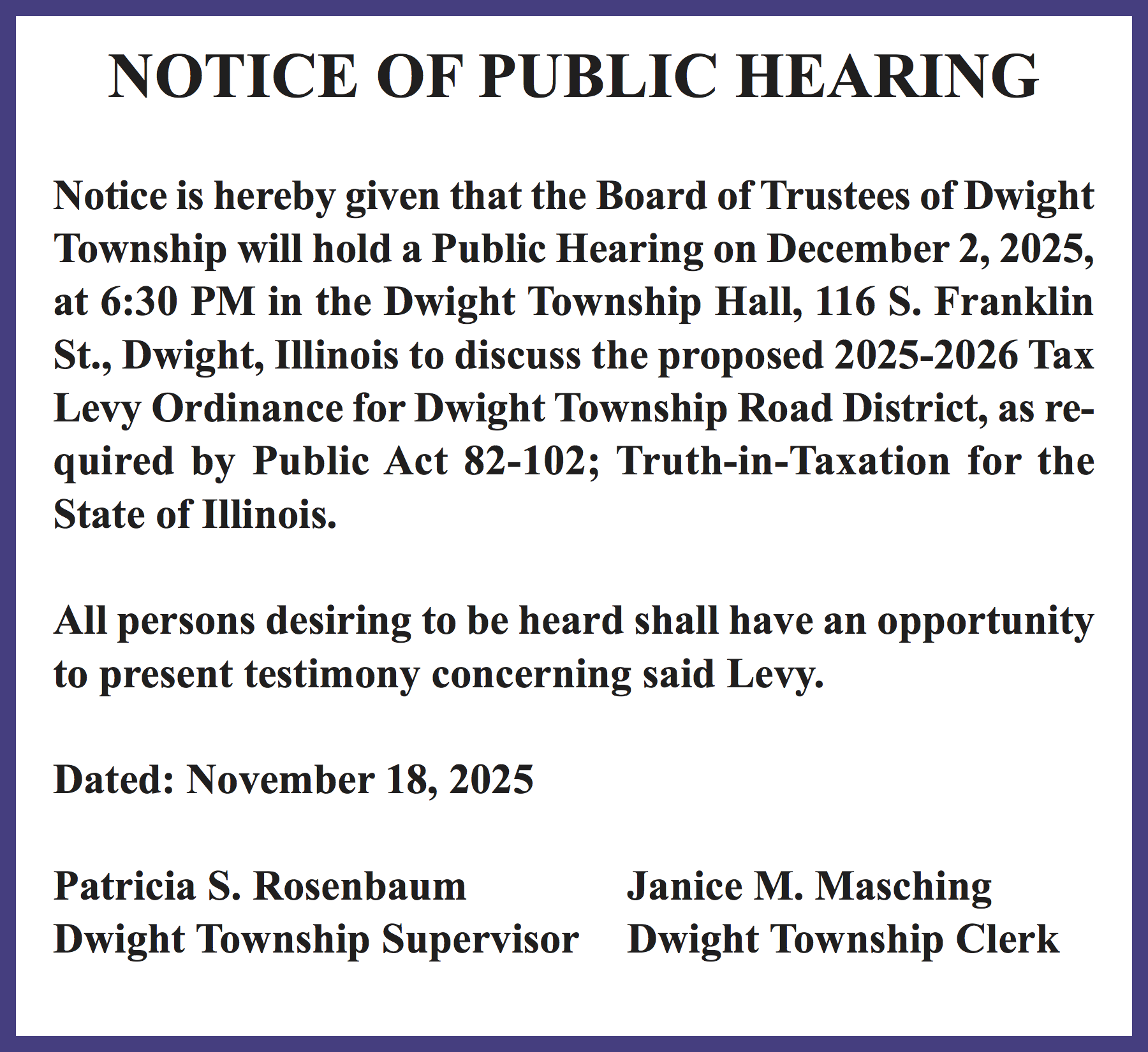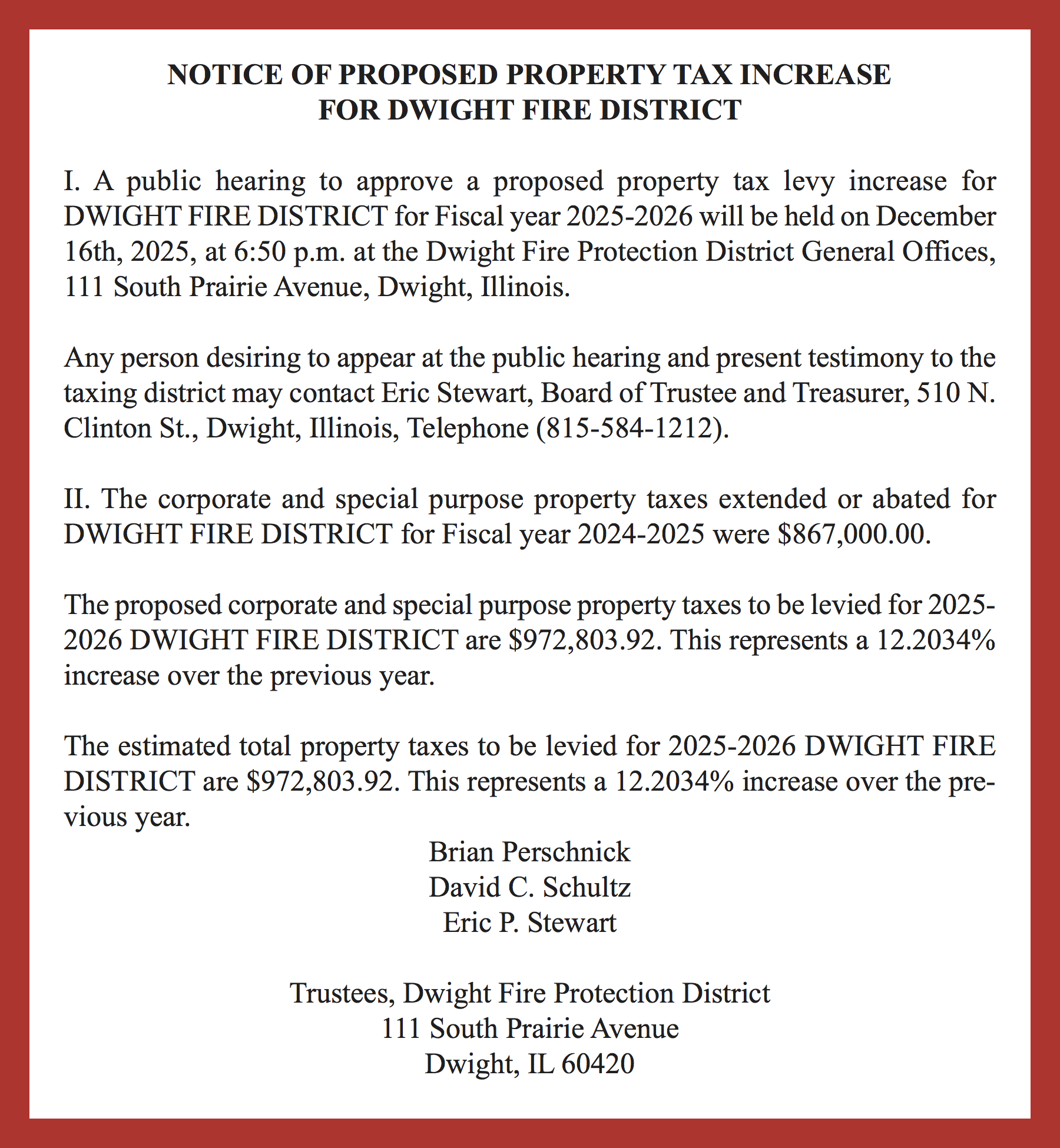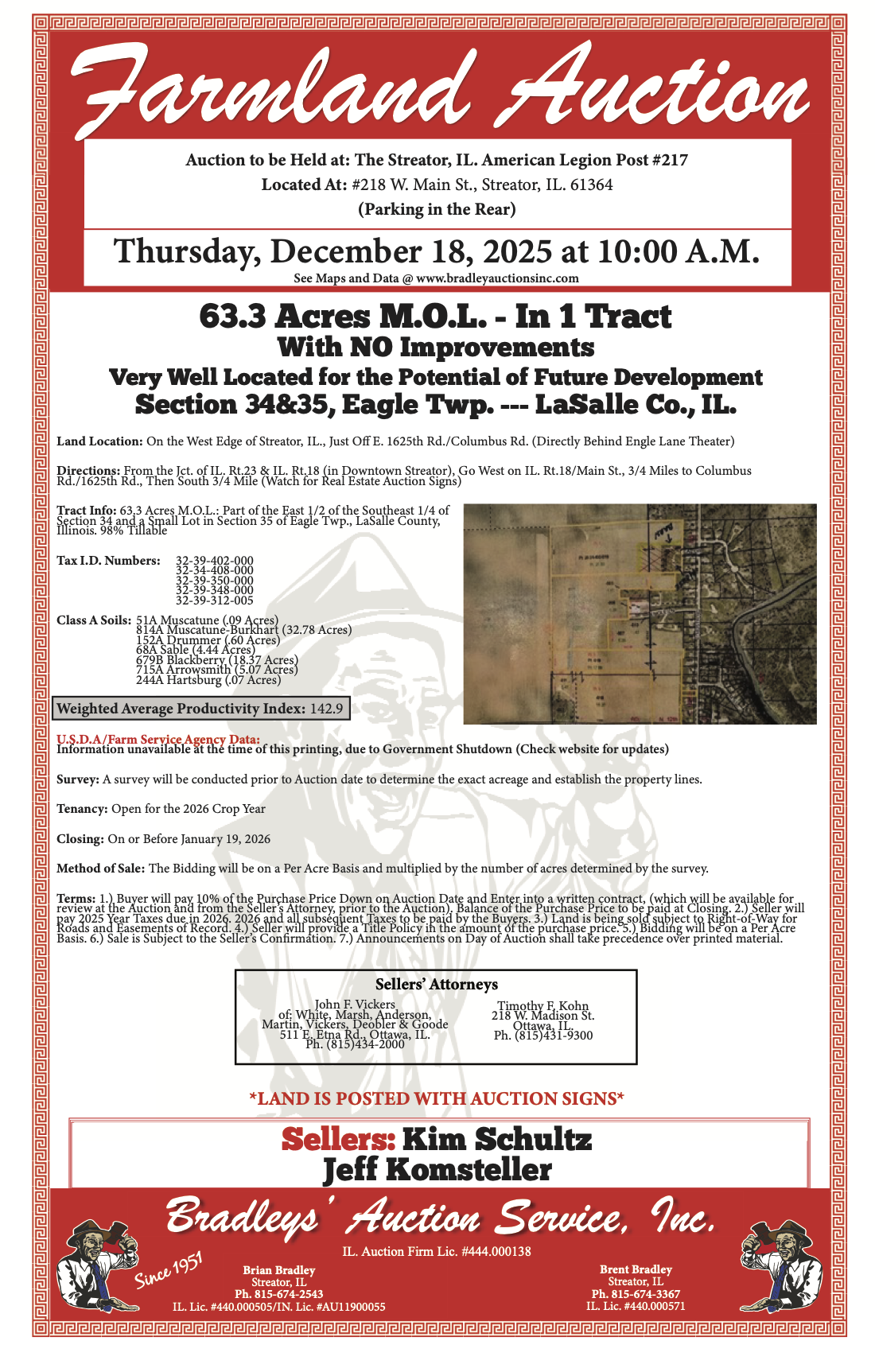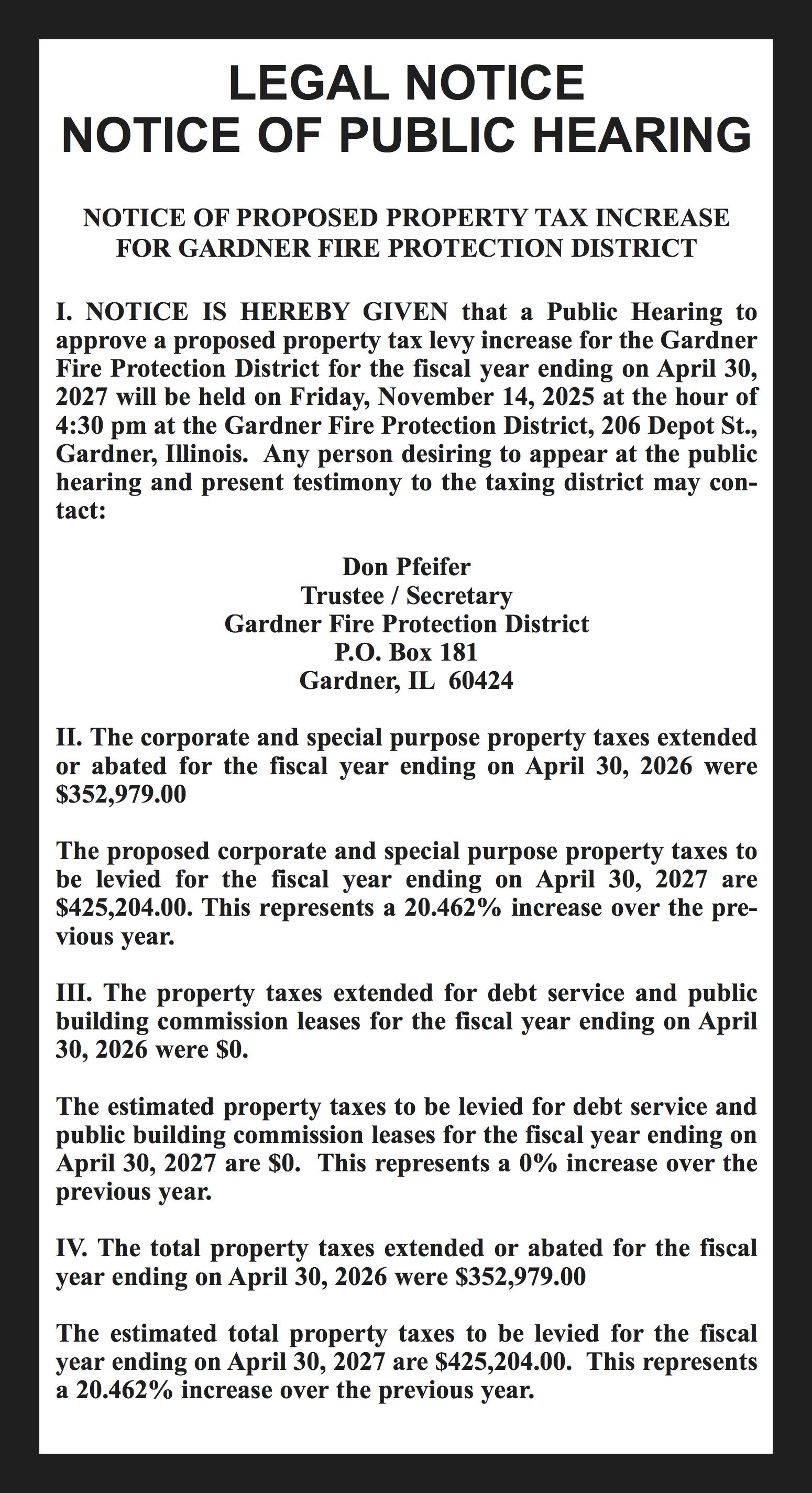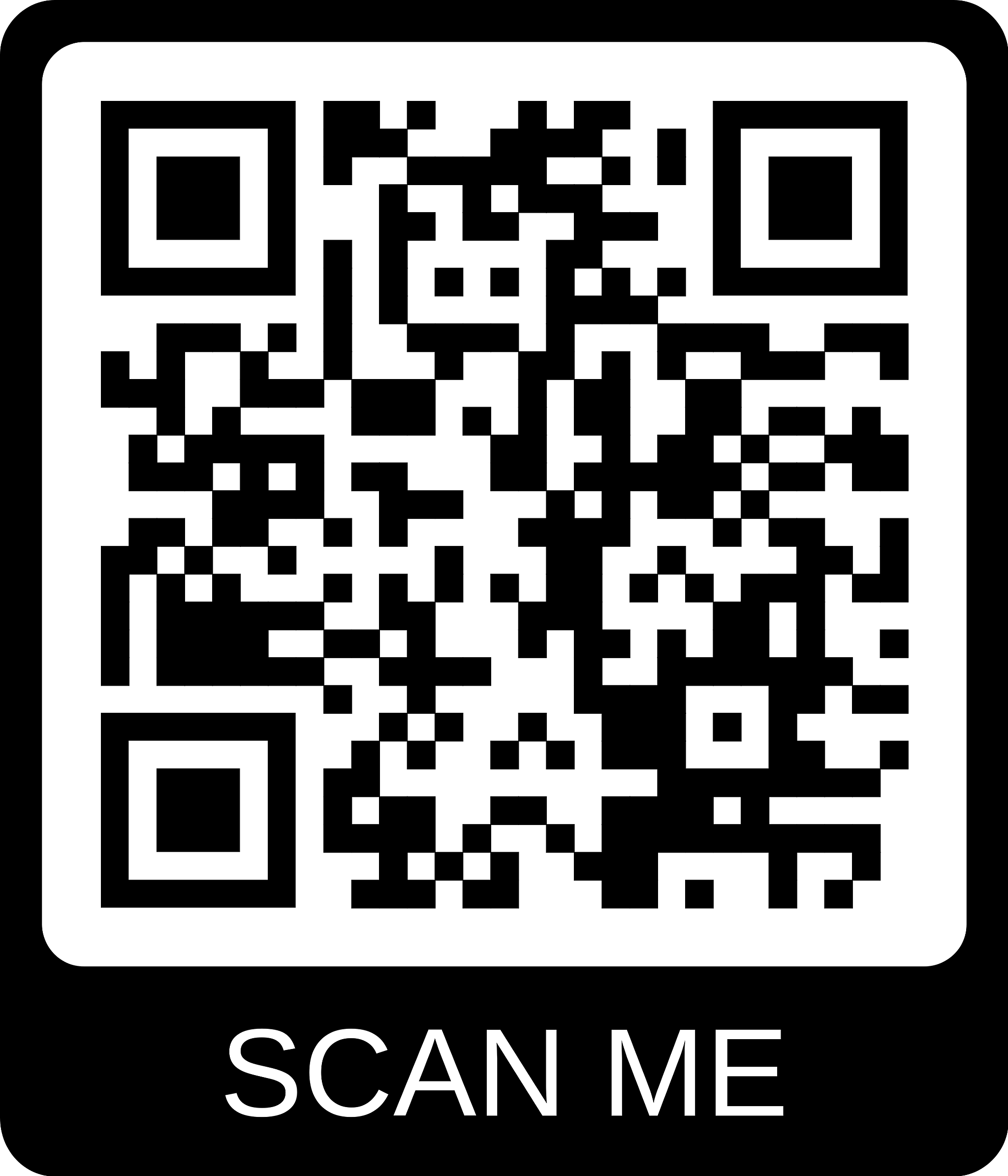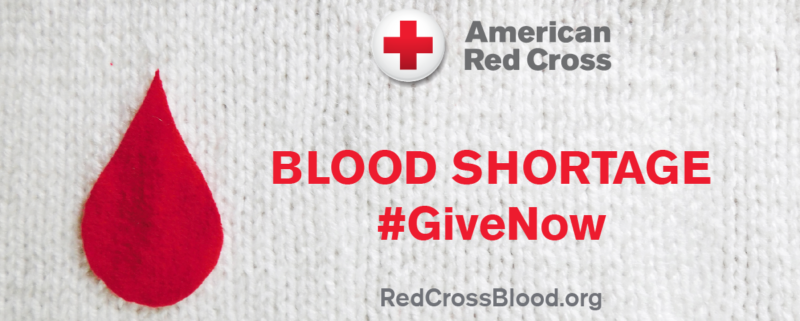 Independents need up to 23x as many signatures to get on Congressional ballot
Independents need up to 23x as many signatures to get on Congressional ballot
Only one independent made the 2024 general election ballot as petition challenges mount ahead of the March primary
CHICAGO (Nov. 10, 2025) – Illinois’ petition objection window closed today, as candidates prepare to square off against each other in the March primary and 2026 general elections. But for independents, that opportunity rarely comes: Illinois’ ballot access laws make it far harder for them to compete.
Analysis from the Illinois Policy Institute found independent candidates for state or federal office in 2024 needed between 3 to nearly 23 times as many petition signatures than established party candidates to get on a ballot. In total, just one independent candidate made the general election ballot among 155 non-judicial state and federal races.
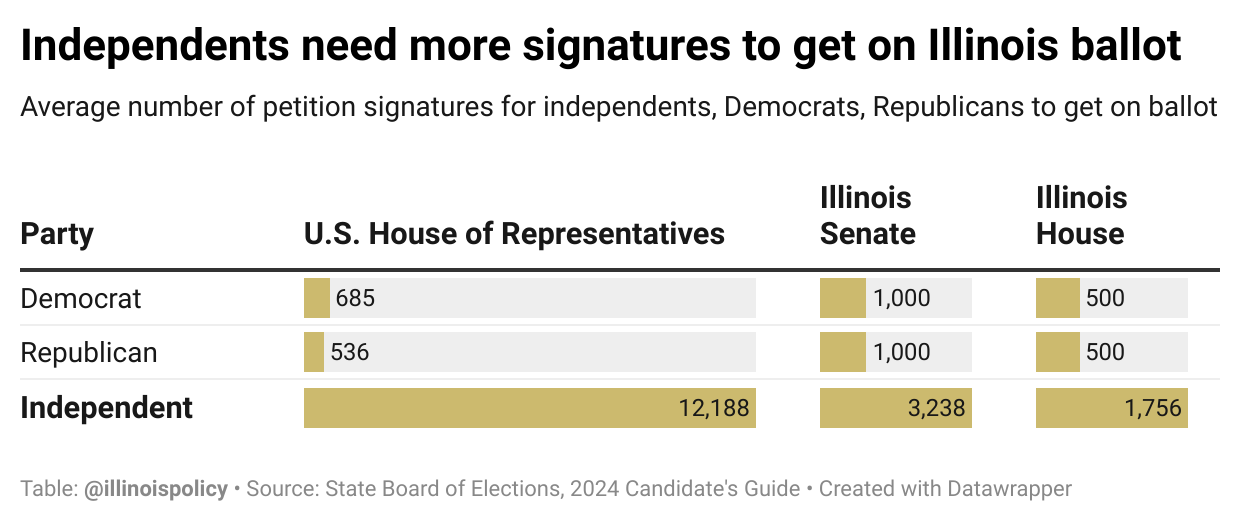
The analysis also found independent candidates for the U.S. House seats were required to collect nearly 18 times as many signatures on average as Democrats and nearly 23 times as many as Republicans.
Congressional Democratic and Republican candidates only need signatures from 0.5% of their party’s primary voters. Congressional independent candidates must gather signatures from 5% of all prior general election voters in their district – a requirement that can mean collecting thousands more. They also face stricter funding limits and can’t accept unlimited party committee contributions, unlike Democrats and Republicans.
<script async src=”https://pagead2.googlesyndication.com/pagead/js/adsbygoogle.js?client=ca-pub-7690895491930777″ crossorigin=”anonymous”><span data-mce-type=”bookmark” style=”display: inline-block; width: 0px; overflow: hidden; line-height: 0;” class=”mce_SELRES_start”></span></script>
<ins class=”adsbygoogle” style=”display: block; text-align: center;” data-ad-layout=”in-article” data-ad-format=”fluid” data-ad-client=”ca-pub-7690895491930777″ data-ad-slot=”5668649524″></ins>
<script>
(adsbygoogle = window.adsbygoogle || []).push({});
</script>
<p style=”font-size: 10px;”><strong><span style=”color: #ff0000;”>**Editor’s Note: If you find the story here of value, consider clicking one of the Google ads embedded in the story. It costs you nothing but Google will give the website owner a few cents. This is a way to help support local news at no cost to the reader.</span></strong></p>Ultimately, the uneven difference in requirements deters candidates and results in less competitive elections for voters. In 2024, 65 of Illinois’ 155 non-judicial state and federal general elections featured only one candidate on the ballot. That meant it took those candidates just one vote to win a seat representing the entire district.
“These barriers don’t protect voters. Instead, they benefit political elites and insiders, deter new candidates from entering politics and leave millions of Illinoisans with no real choice at the ballot box,” said Patrick Andriesen, a writer at the Illinois Policy Institute.
Institute experts say Illinois lawmakers could make ballot access fairer by mirroring laws in Iowa, Wisconsin and Tennessee that require all candidates to collect the same number of petition signatures, regardless of party.
To read more about running as an Independent, visit illin.is/petitions2025.




